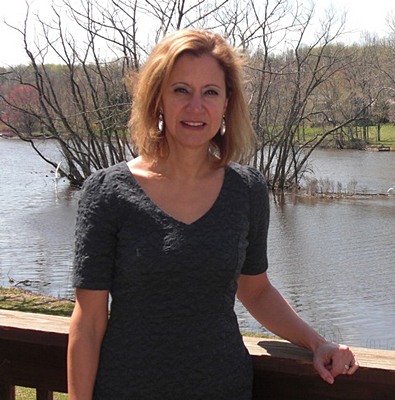
UD at U.N.
Bahira Sherif Trask to speak at U.N. meeting on families
9:02 a.m., May 20, 2011--Globalization is creating an environment where individuals of very different cultural backgrounds are interacting with each other in all spheres of life as never before. Everyone is being exposed to different ways of thinking, cultural values and new forms of family life.
Bahira Sherif Trask, professor of human development and family studies at the University of Delaware, has been asked to speak at the United Nations from June 1 -3 to discuss how current trends are affecting families around the world and to suggest appropriate policy responses.
Global Stories
Fulbright awards
Peace Corps plans
As author of Globalization and Families: Accelerated Systemic Social Change, Trask was invited to be one of only two experts from the United States speaking at the U.N.’s Expert Group meeting entitled “Assessing family policies: Confronting family poverty and social exclusion & ensuring work family balance.”
During her talk, Trask will describe how family arrangements are being modified and reconceptualized as women and men negotiate paid employment and domestic labor, and children, youth and the elderly begin to occupy new ideological and productive roles. The traditional blueprints that many individuals have relied on in their societies are being challenged, negotiated and revised. She suggests that in order to harness the forces of globalization we need to continually analyze the social, cultural, economic, and political aspects of the process and design policies that move us towards a more socially just world.
Trask’s research shows that, specifically through well-designed educational programs, we can empower individuals, ensure gender equality and teach people skills that will make them successful in their new environment. She points to examples from around the world where new initiatives are preparing individuals to be better able to function in a globalized world.
“In Bangladesh, several nongovernment organizations have helped to revitalize and reorganize schools, teaching rural girls skills that not only help them attain jobs but make them more marriageable. Moreover, poor parents are being given cash stipends in order to encourage them to allow their daughters to attend secondary schools,“ says Trask.
It is imperative that greater cultural understanding be promoted in order to improve the lives of all individuals and their families, she notes. While there is much debate about the negative impacts of globalization, more focus should be placed on the notion that globalization could also lead to greater social justice and equality.
The June meeting at the U.N. is being held in preparation for the 20th anniversary of the International Year of the Family in 2014. Trask has also been invited to speak at the International Conference on Global Studies, to be held in Rio de Janeiro, Brazil in July.
Article by Alison Burris








